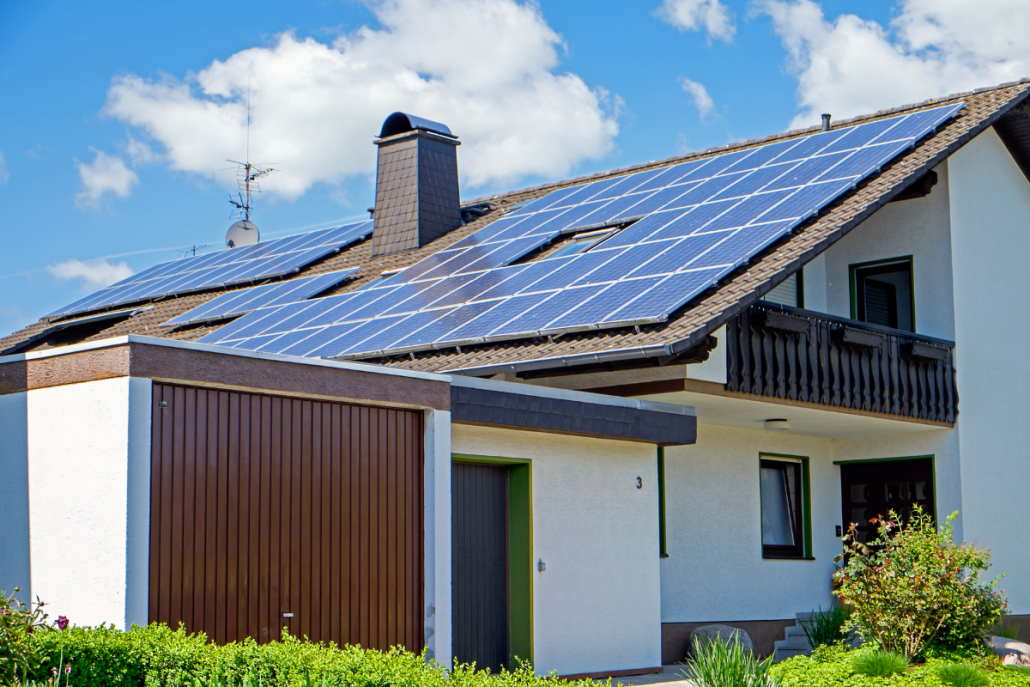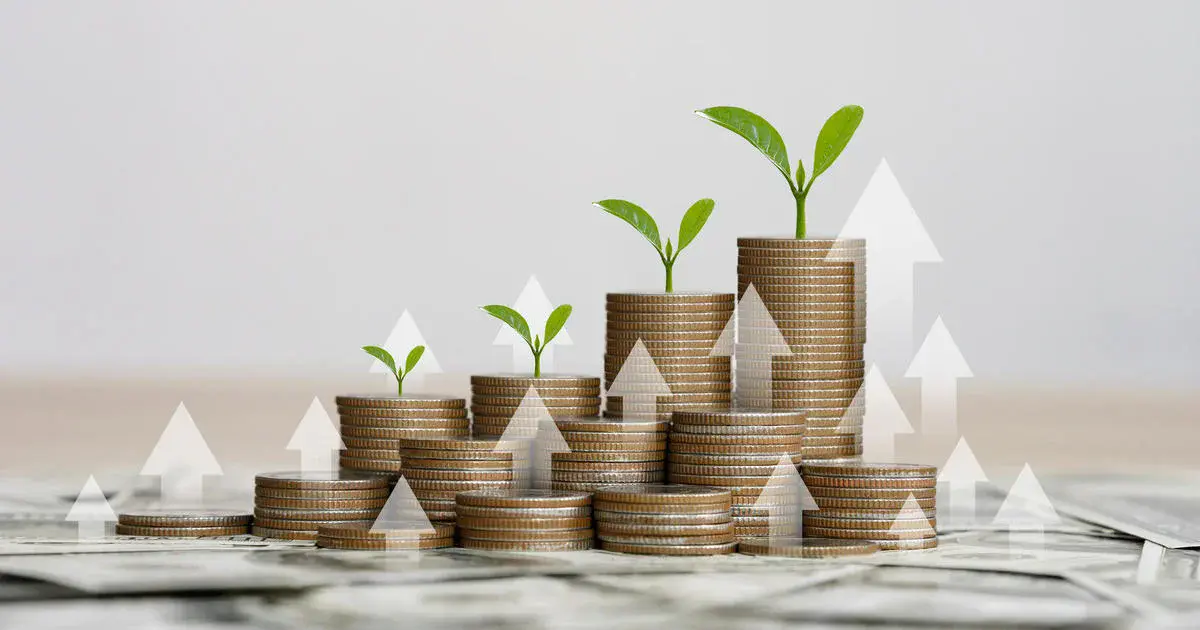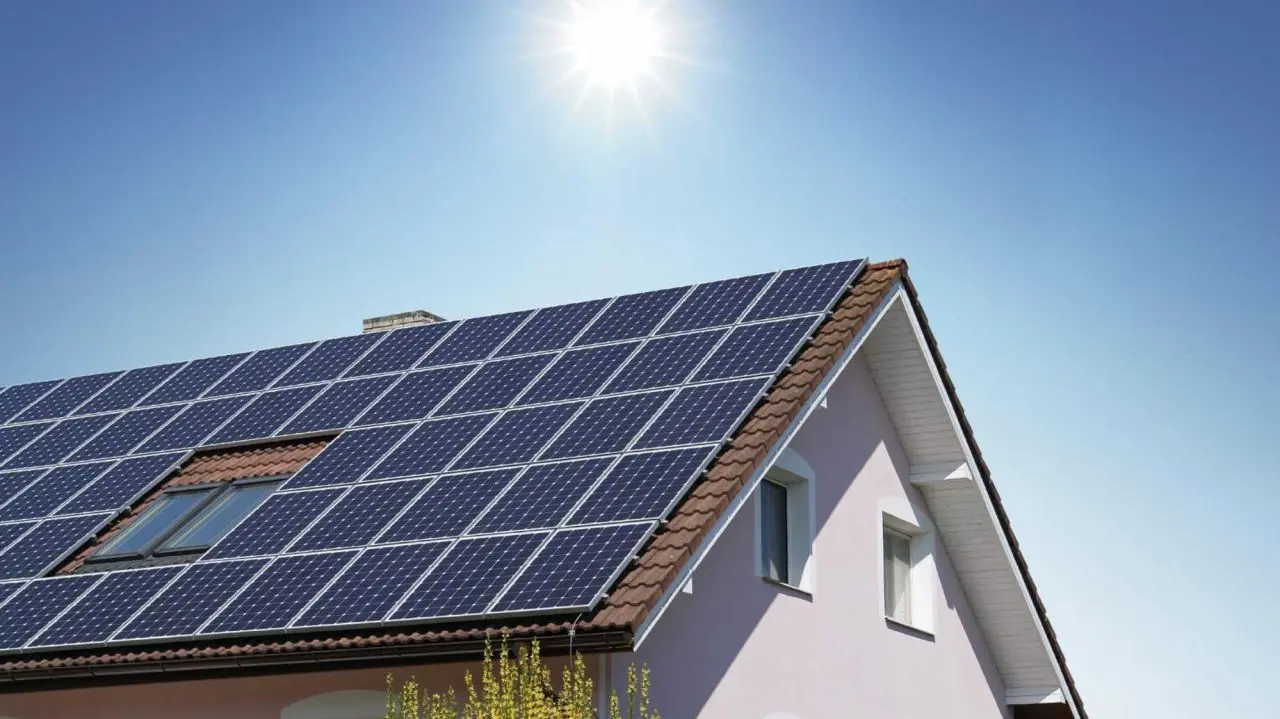
Introduction to Solar Energy
As the world shifts towards sustainable energy solutions, solar power has emerged as a leading option for homeowners looking to reduce their carbon footprint and save on energy costs. Solar energy harnesses the sun's rays to generate electricity, providing a clean and renewable source of power. However, the initial investment in solar panels can be daunting for many homeowners. This guide aims to help you navigate the world of affordable solar panels, making it easier for you to embrace this eco-friendly energy solution.
The Benefits of Solar Panels
Investing in solar panels comes with a multitude of benefits. First and foremost, they can significantly lower your energy bills. By generating your own electricity, you rely less on your utility provider, which can lead to savings that accumulate over time. Additionally, solar energy is a renewable resource, meaning it won’t run out as long as the sun shines. This contributes to energy independence and security, reducing reliance on fossil fuels.
Furthermore, solar panels can increase the value of your home. Many buyers are willing to pay a premium for homes equipped with solar energy systems, recognizing the long-term savings and environmental benefits. Lastly, with government incentives and rebates available in many regions, the financial barrier to entry for solar energy is decreasing, making it more accessible for homeowners.
Understanding the Costs of Solar Panels
The cost of solar panels can vary widely based on several factors, including the size of the system, the type of panels, installation costs, and local incentives. On average, solar panel installations can range from $15,000 to $25,000 before any tax credits or rebates are applied. However, these prices have been steadily decreasing as technology advances and competition in the solar industry increases.
It’s essential to consider the total cost of ownership, which includes installation, maintenance, and potential repairs over the lifespan of the system. Most solar panels come with warranties ranging from 20 to 25 years, providing peace of mind regarding their durability and performance. Additionally, many companies offer financing options that allow homeowners to pay off their systems over time, making solar energy more affordable.
Finding Affordable Solar Panels
When searching for affordable solar panels, it’s crucial to research and compare different options. Start by obtaining quotes from multiple solar providers in your area. This will give you a better understanding of the market rates and help you identify the best deals. Look for companies that offer transparent pricing, including the cost of equipment, installation, and any additional fees.
Another way to find affordable solar panels is to consider less well-known brands that may offer competitive pricing without sacrificing quality. While brands like Tesla and SunPower are popular, there are many other manufacturers producing high-quality panels at lower prices. Be sure to check product reviews and performance ratings to ensure you’re making an informed choice.
Utilizing Government Incentives and Rebates
One of the most effective ways to reduce the cost of solar panels is by taking advantage of government incentives and rebates. In the United States, the federal government offers a solar investment tax credit (ITC) that allows homeowners to deduct a significant percentage of the cost of their solar system from their federal taxes. This credit is set to decrease in the coming years, so it's crucial to act quickly to maximize your savings.
In addition to federal incentives, many states and local governments have their own programs that offer rebates, tax credits, and grants for solar energy installations. Research your area's specific incentives to determine what financial assistance is available to you. Some utility companies also offer programs that provide additional rebates for homeowners who install solar panels.
Financing Options for Solar Panels
If the upfront cost of solar panels is still a barrier, various financing options can help make the investment more manageable. Solar loans allow homeowners to borrow money to purchase a solar energy system, which is then paid back over time, typically through monthly payments that are lower than previous electricity bills.
Another option is a solar lease, where you pay a monthly fee to use the solar panels installed on your home without owning the system. This can be an attractive option for those who want to go solar without the large upfront expense. However, it's important to consider the long-term costs and savings associated with leasing versus purchasing.
Lease vs. Purchase: What’s Right for You?
Deciding whether to lease or purchase solar panels is a significant decision that depends on your financial situation, energy needs, and personal preferences. Purchasing solar panels may require a more considerable upfront investment but can lead to more significant long-term savings and potential tax benefits. Moreover, owning your system means you can take full advantage of any incentives available.
On the other hand, leasing solar panels allows you to go solar without the initial cost, making it an attractive option for those who may not have the cash available upfront. However, leased systems typically do not qualify for tax credits, and you may miss out on potential savings over time. It's essential to evaluate both options carefully and consider consulting with a solar energy expert to determine what makes the most sense for your situation.
Choosing the Right Solar Installer
The installer you choose can significantly impact your solar experience and the performance of your system. When selecting a solar installer, look for companies with a solid reputation and positive customer reviews. Check their certifications and experience in the industry, as well as the warranties they provide for both the panels and the installation.
It’s also beneficial to ask for references and examples of previous installations to gauge their work quality. Additionally, a good installer will conduct a thorough assessment of your home and energy needs before recommending a specific system, ensuring that you get the most efficient and cost-effective solution.
Conclusion
In conclusion, the transition to solar energy is more achievable than ever, thanks to the availability of affordable solar panels and various financing options. By understanding the costs, exploring incentives, and carefully selecting the right system and installer, you can harness the power of the sun to reduce your energy bills and contribute to a more sustainable future. Whether you choose to lease or purchase, making the switch to solar is a step towards energy independence and environmental stewardship. Start your journey today, and enjoy the bright savings that come with solar energy.






